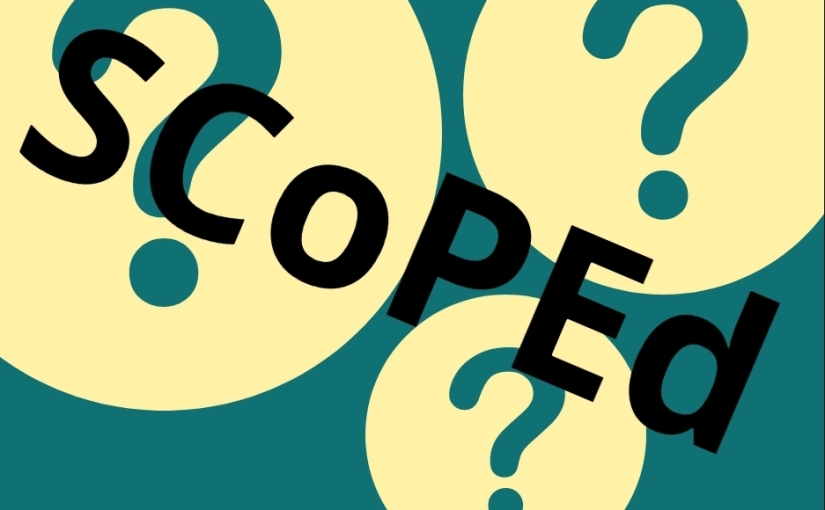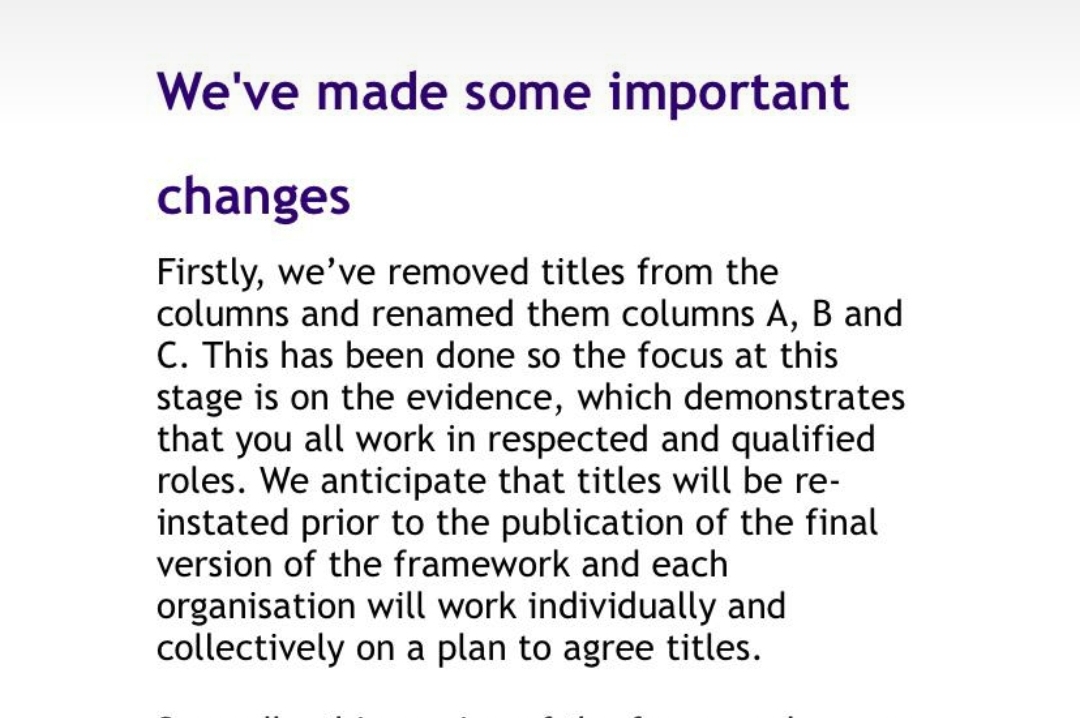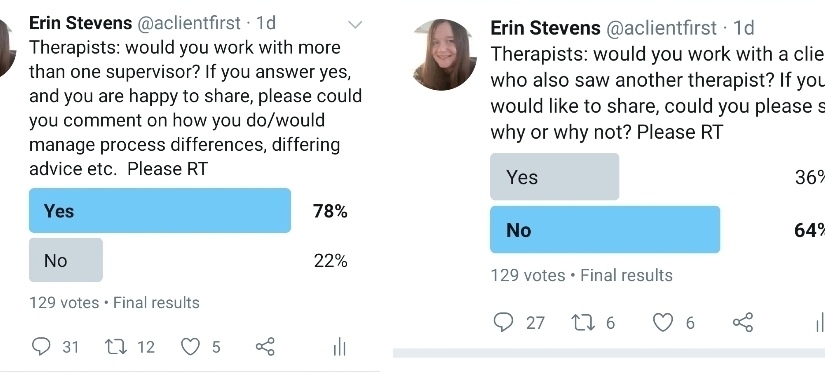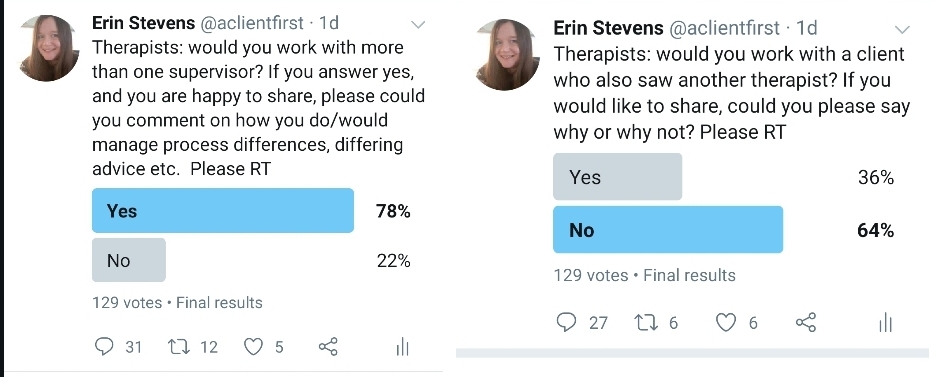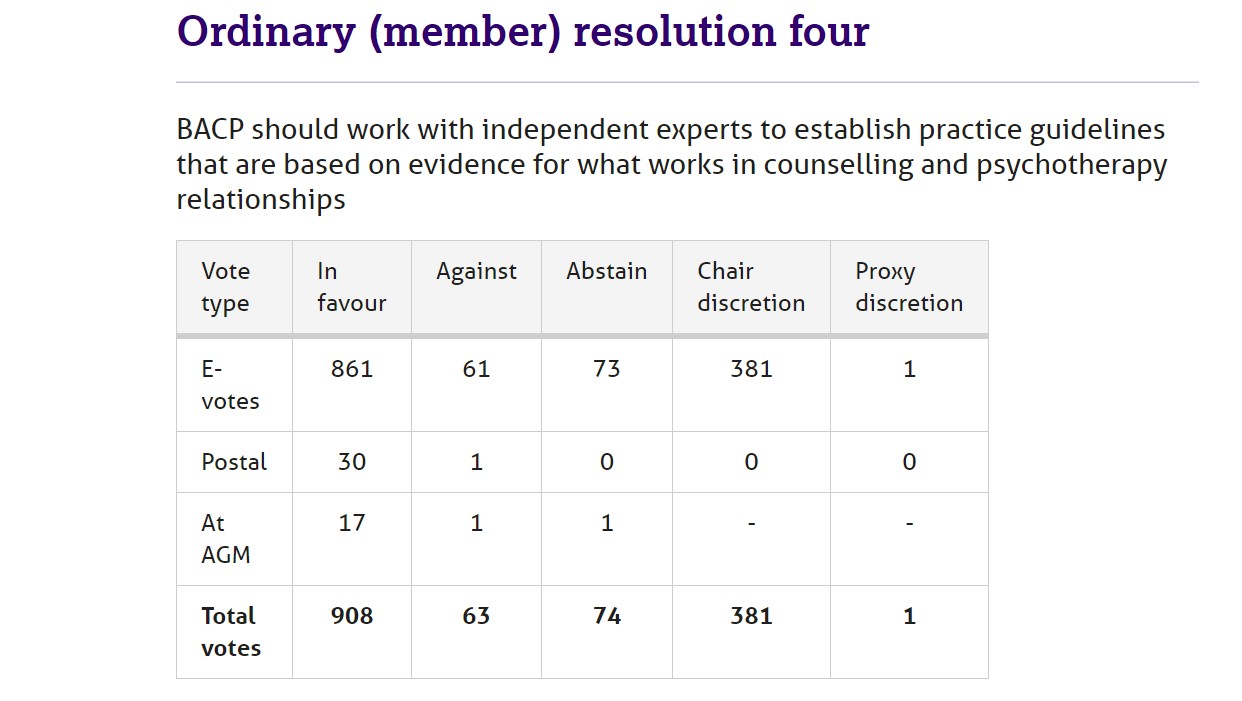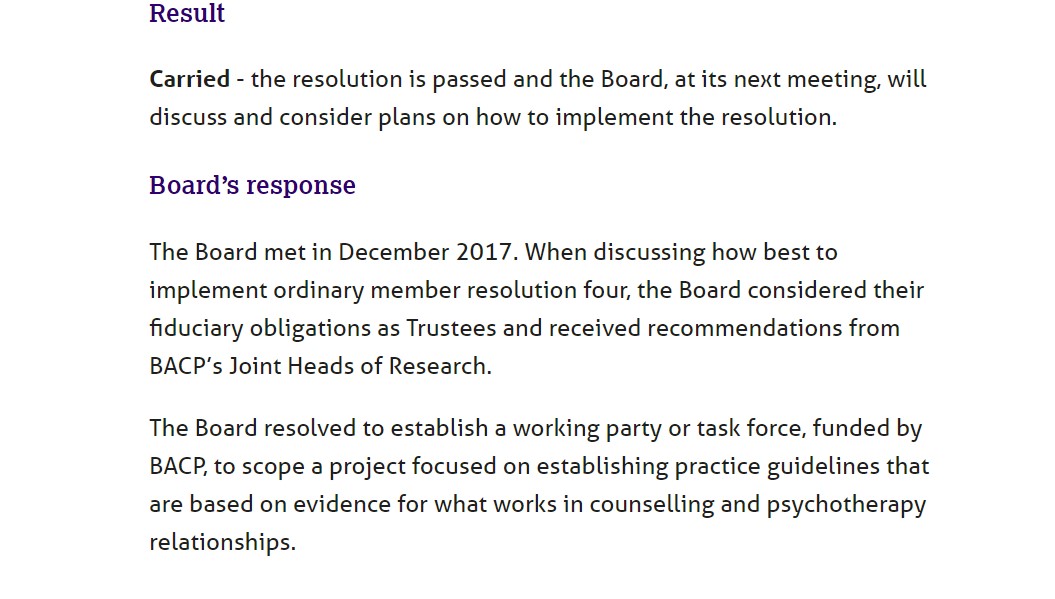The devastating news of Pete Sanders’s death will undoubtedly be felt across the counselling professions worldwide, such was his talent, influence and generosity of spirit.
I know that tributes will be many, and I am not going to use these pages to list his tremendous achievements, the way in which he shaped person centred counselling in this country and beyond, and his pivotal role in bringing politics to the forefront of our consciousnesses as therapists. Those stories are important, and I know I am not the best person to tell them. I will take solace in reading the words of friends and colleagues who knew Pete for many decades, and I will also continue to learn from Pete himself – his writing, his impassioned Twitter account, and the things he told me that will stay with me throughout my career and my life. Instead, I just want to talk about the mark Pete made on my life, and my deep gratitude that I knew him, and for the opportunities and encouragement he gave me.
Pete first came into my life through his writing, as is the case for so many of us, and then he showed up in a very real way in 2019, on Twitter, where we began to interact regularly. He was so enormously encouraging to me in a way I can barely begin to describe. He feared for the future of therapy, and he often told me that he saw me as part of a new generation of therapists who could stand up to the commodification and industrialisation of the therapy professions.
He sent me things to read that were of significance to him. He even sent me a chapter he was writing and asked me to look over it to see what I thought. Not, I am sure, because he thought in any way that I, a relatively newly qualified therapist with no publications to my name, would be able to improve upon what he had written, but I felt it was a way for him to communicate that he valued me, and valued my opinion, so gracious and generous was he.
I felt that he took me under his wing. I have Pete to thank for so many opportunities that have come my way. We had planned to meet up just before covid struck and I am heartbroken that I won’t ever get the opportunity to meet him face-to-face.
I have been reading through some of the messages that passed between us, and I am sure he wouldn’t have minded me sharing this small example of the encouragement he gave me. I want to share this specifically because I think it not only applies to me, but I believe Pete speaks to so many other wonderful therapist activists of my generation, and not just women – activists of all genders. And I would like us all to heed his words, take the baton he is passing us with a firm grip and continue to fight for the profession we all love. As he once said to me, we will be on the right side of history.
Pete’s words to me:
“I am encouraged by a new generation of intelligent, vocal women. I hope that doesn’t sound too patronising. As you know I feel pretty much worn out with not much to contribute, which is how it should be. It’s your time now. Don’t worry about career opportunities. What do you want to do? What do you want for yourself? If you want power and influence, you had better toe the line. If not…you know what to do. If the dice fall for you, people will listen. If not, you will have the satisfaction of knowing you were, in cliche terms, true to yourself. I have found that comforting.
“One important thing to know and remember is that the world has changed since Andrew [Samuels] and I and other people of our generation who trained in the early-min 1970s. It was very, very different then, in every way, but especially in educational and professional therapy terms. You are so important because you have today running through you. It is difficult if not impossible for us to properly engage with 2020. We have too much baggage. There are some bits of baggage that have useful messages, but they need to be re-interpreted and re-applied. Over to you, and good luck!”
Goodbye Pete and thank you. You will be missed so very deeply.



